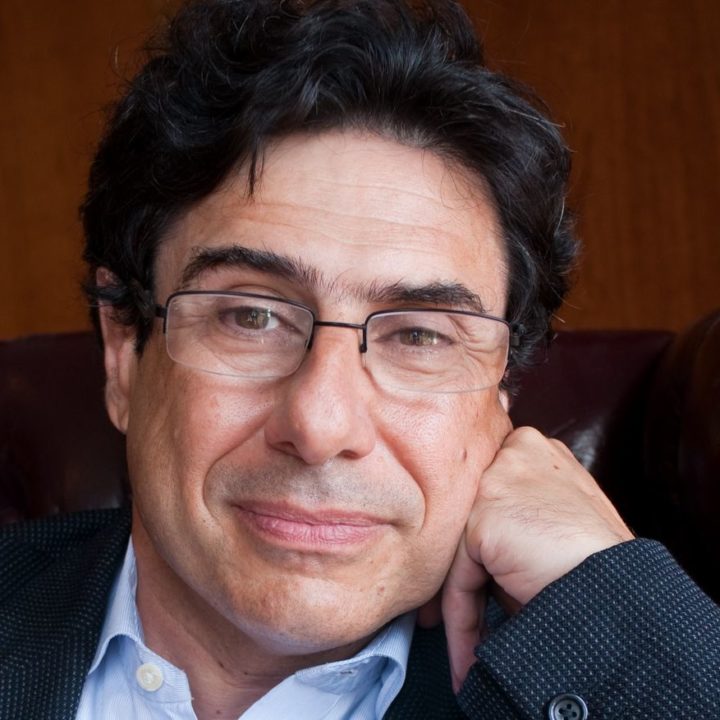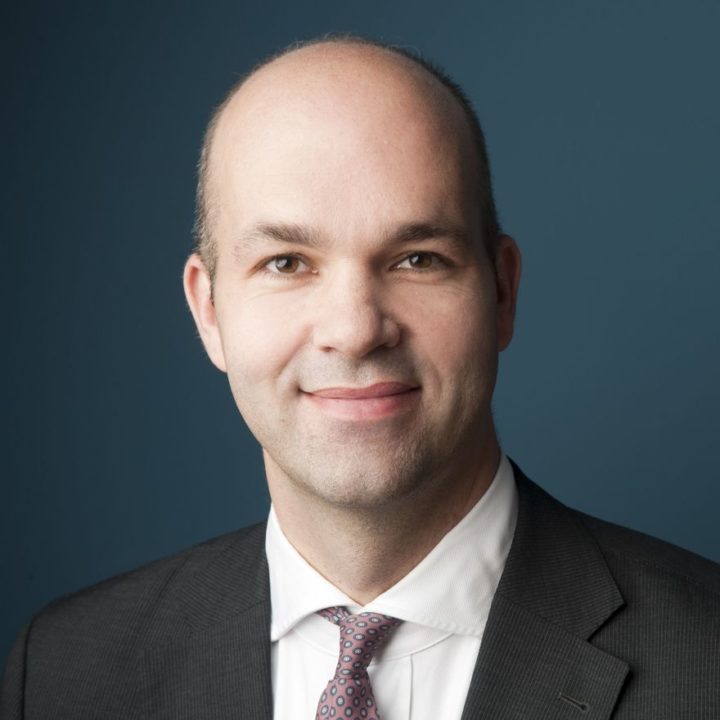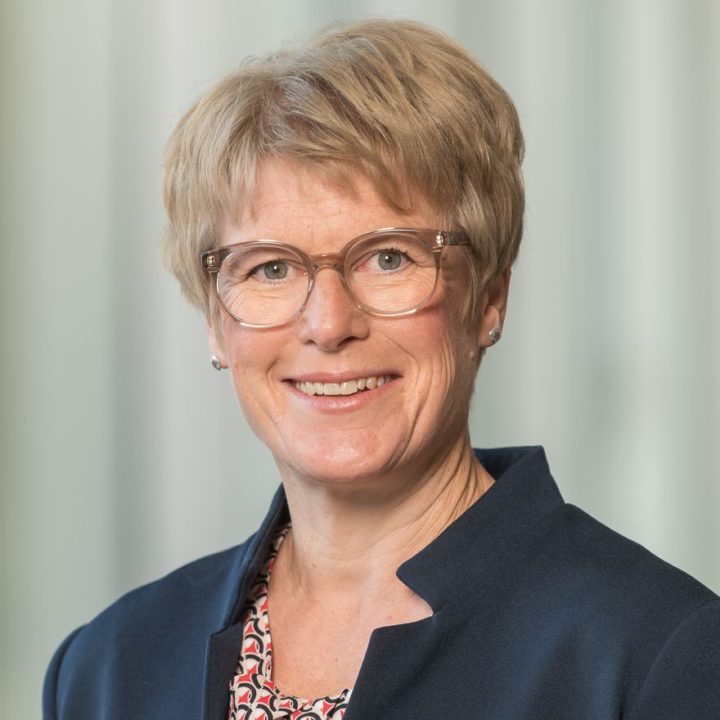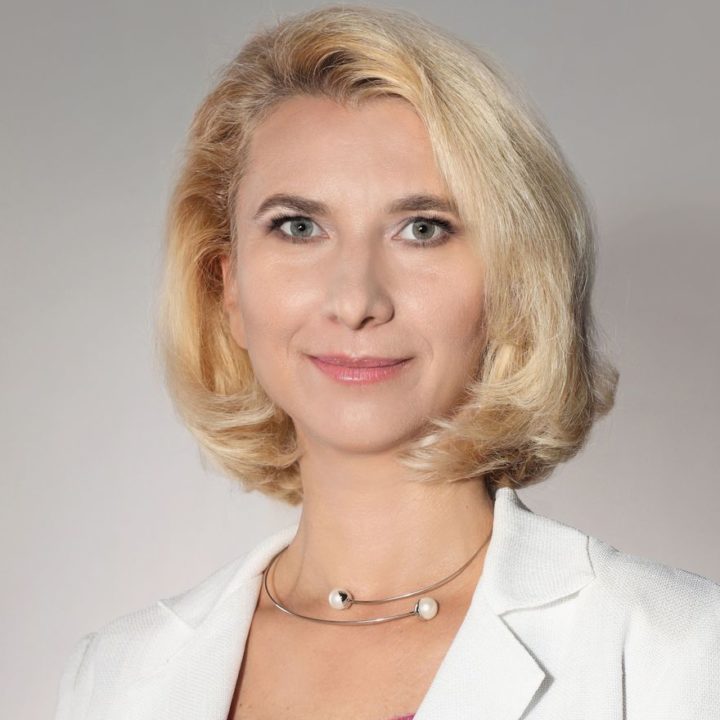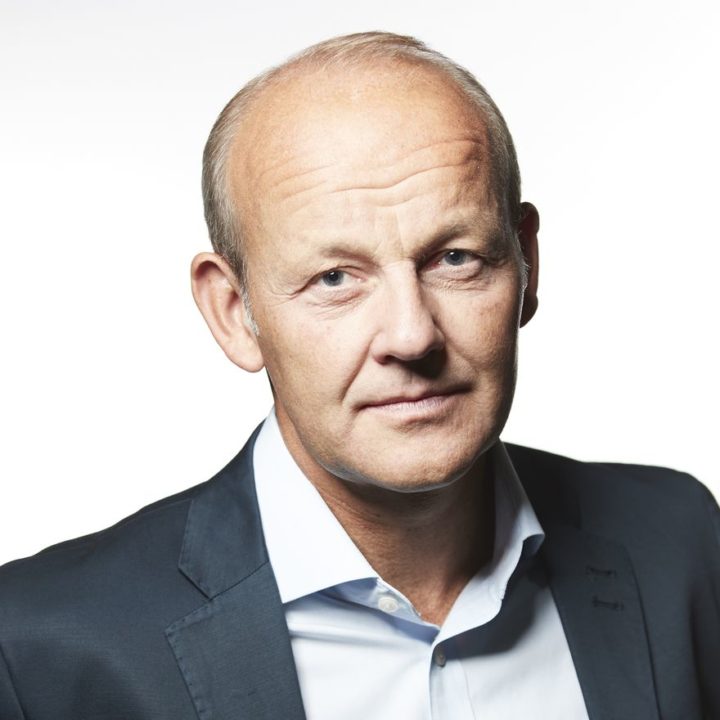Veronika Grimm has been full professor of economics and Head of the Chair of Economic Theory at Friedrich-Alexander-Universität Erlangen-Nürnberg (FAU) since 2008. She is Head of the research unit “Energy Market Design” Energie Campus Nürnberg (EnCN), member of the Executive Board of Zentrum Wasserstoff.Bayern (H2.B) and Director of the Laboratory for Experimental Research Nuremberg (LERN). Previously she had worked at the Humboldt University of Berlin, the University of Alicante and the University of Cologne and spent long research visits at the Univesité Libre de Bruxelles and the Université Catholique de Louvain.
Since 2020 Veronika Grimm has been a member of the German Council of Economic Experts. In addition, she is active in numerous committees and advisory boards, including the German Federal Government's National Hydrogen Council, the Expert Commission on the "Energy of the Future" monitoring process at the Federal Ministry of Economics and Energy (BMWi), the Future Circle of the Federal Ministry of Education and Research (BMBF), the German Advisory Council on Consumer Affairs (BMJV) and the Energy Steering Panel of the European Academies' Science Advisory Council (EASAC).
Her research focuses on energy markets and energy market modelling, behavioural economics, social networks, auctions and market design. She has published widely in leading academic journals, including the Economic Journal, European Journal of Operational Research, Journal of the European Economic Association and the Journal of Economic Theory.
© Prof DR. Veronika Grimm im Statistisches Bundesamt in Wiesbaden.
